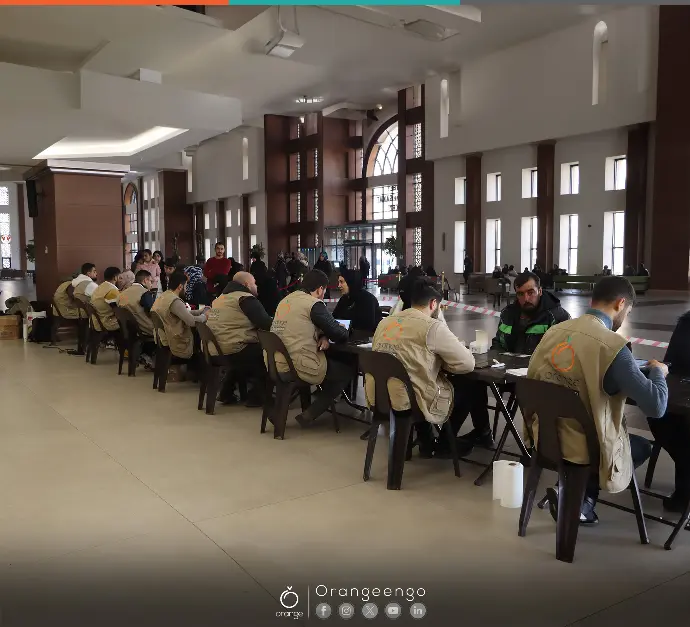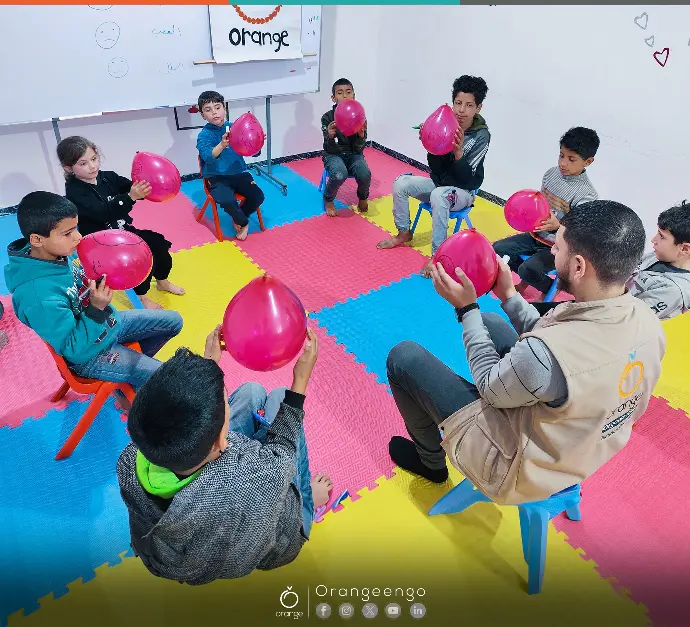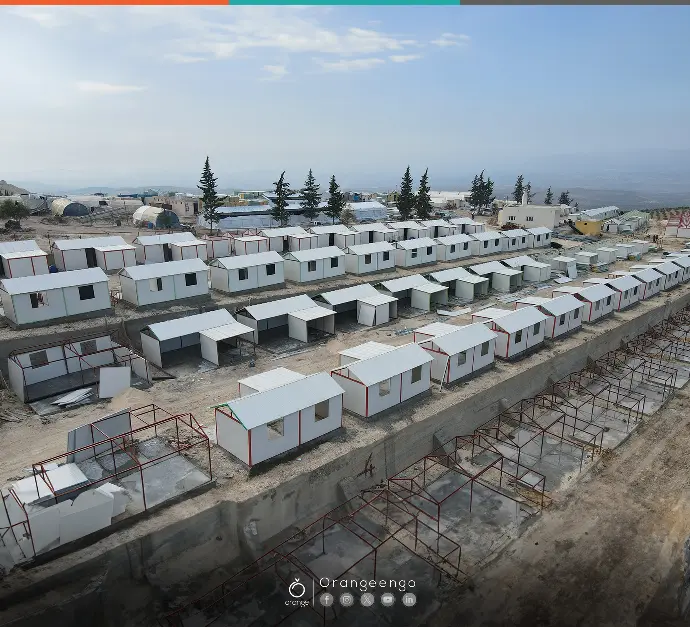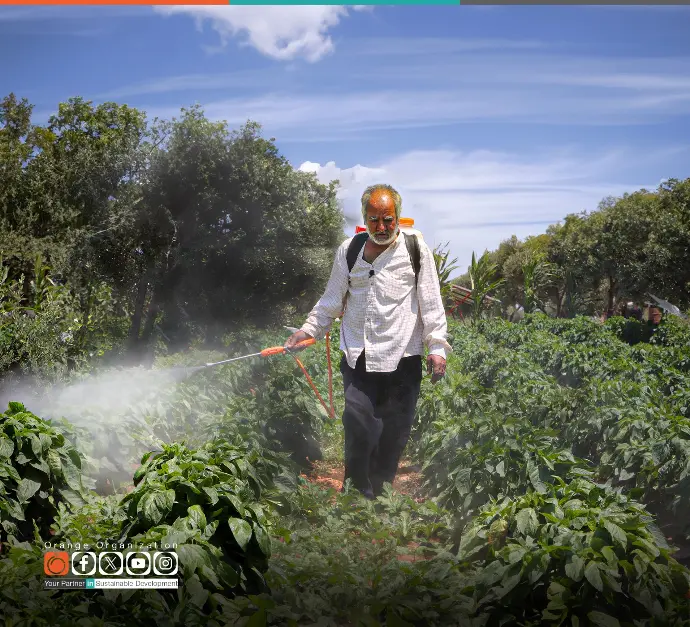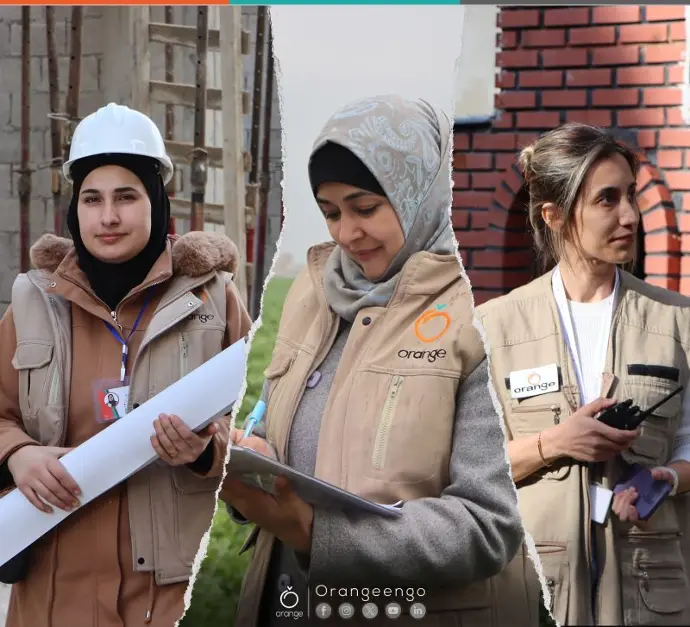WE ARE PROUD TO BE ORANGE
Orange has been working with the most affected populations in war zones and areas of conflict. We hold a firm belief that the ability to enjoy fundamental human rights is tied to access to livelihood. Therefore, all Orange's programs are based on the right to have equal access to decent living standards and opportunities to improve livelihood without discrimination of any sort.

Our Vision
is a world where people exercise their voice, build their own solutions and take ownership of their future.
FOOD SECURITY AND AGRICULTURE
EDUCATION
EMERGENCY ASSISTANCE
PROTECTION AND SOCIAL COHESION
EARLY RECOVERY AND LIVELIHOODS
WASH & SHELTER
Orange is committed to various aspects of community well-being and safety, including mental health and child protection.
+1.2 Million
Beneficiaries
+100Projects
Projects
+20
Locations
Locations
+400
Staff Members
Staff Members
We focus on the most vulnerable groups.

Orange focuses on improving production, processing and utilization, improving access to household income, improving access to credit and market, enhancing businesses and vocational skills, building communities’ assets.
Orange programming concentrates on improving the livelihoods of household. Orange identifies the most vulnerable population who should receive livelihood support, either rural (agriculture, farming, livestock, etc) or urban (services related).

Orange’s perspective is to improve well-being, to secure income and increase resources. Orange is interested in sustainable livelihood which enables affected population to find and utilize sustainable income resources. Orange takes into consideration the following core principles for livelihood projects: active participation of all stakeholders, sustainability, appropriateness, macro-micro interaction, empowering communities, equality and strategic intervention.
Latest Updates
Your Dynamic Snippet will be displayed here... This message is displayed because you did not provided both a filter and a template to use.
